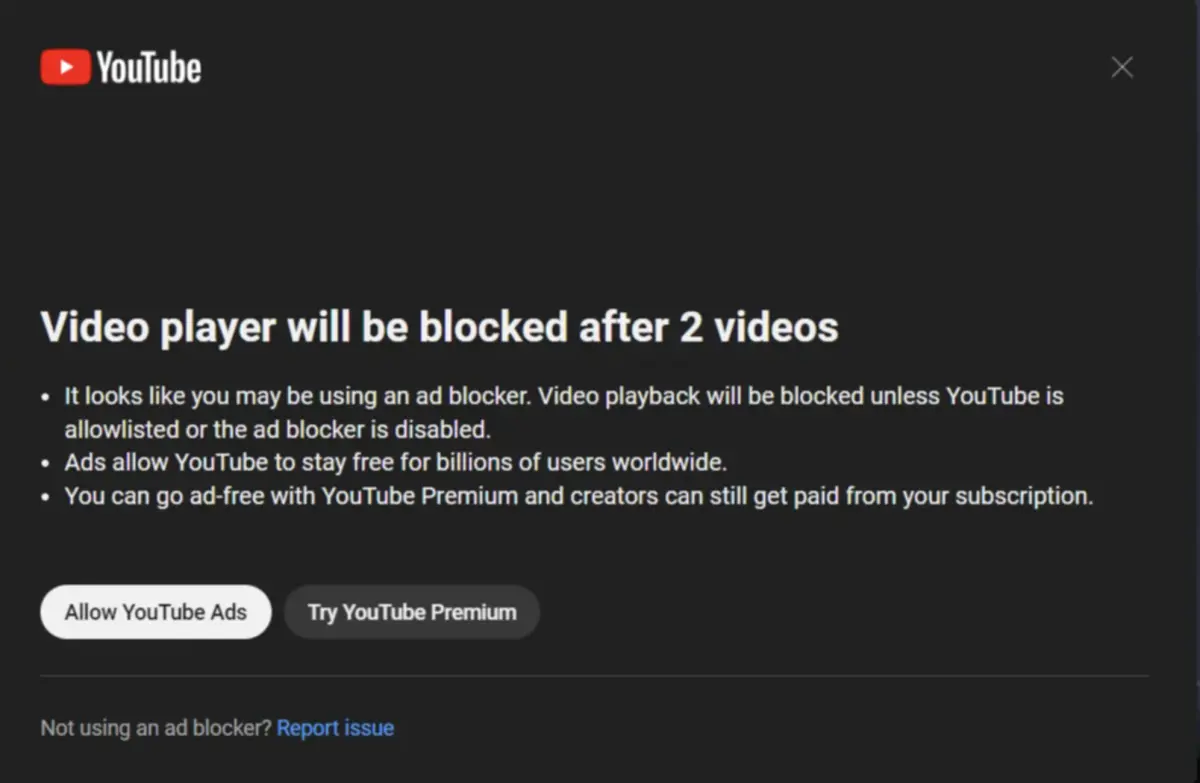Inside the 'arms race' between YouTube and ad blockers / Against all odds, open source hackers keep outfoxing one of the wealthiest companies.
Inside the 'arms race' between YouTube and ad blockers / Against all odds, open source hackers keep outfoxing one of the wealthiest companies.

www.engadget.com
Inside the 'arms race' between YouTube and ad blockers

Inside the 'arms race' between YouTube and ad blockers / Against all odds, open source hackers keep outfoxing one of the wealthiest companies.::YouTube's dramatic content gatekeeping decisions of late have a long history behind them, and there's an equally long history of these defenses being bypassed.